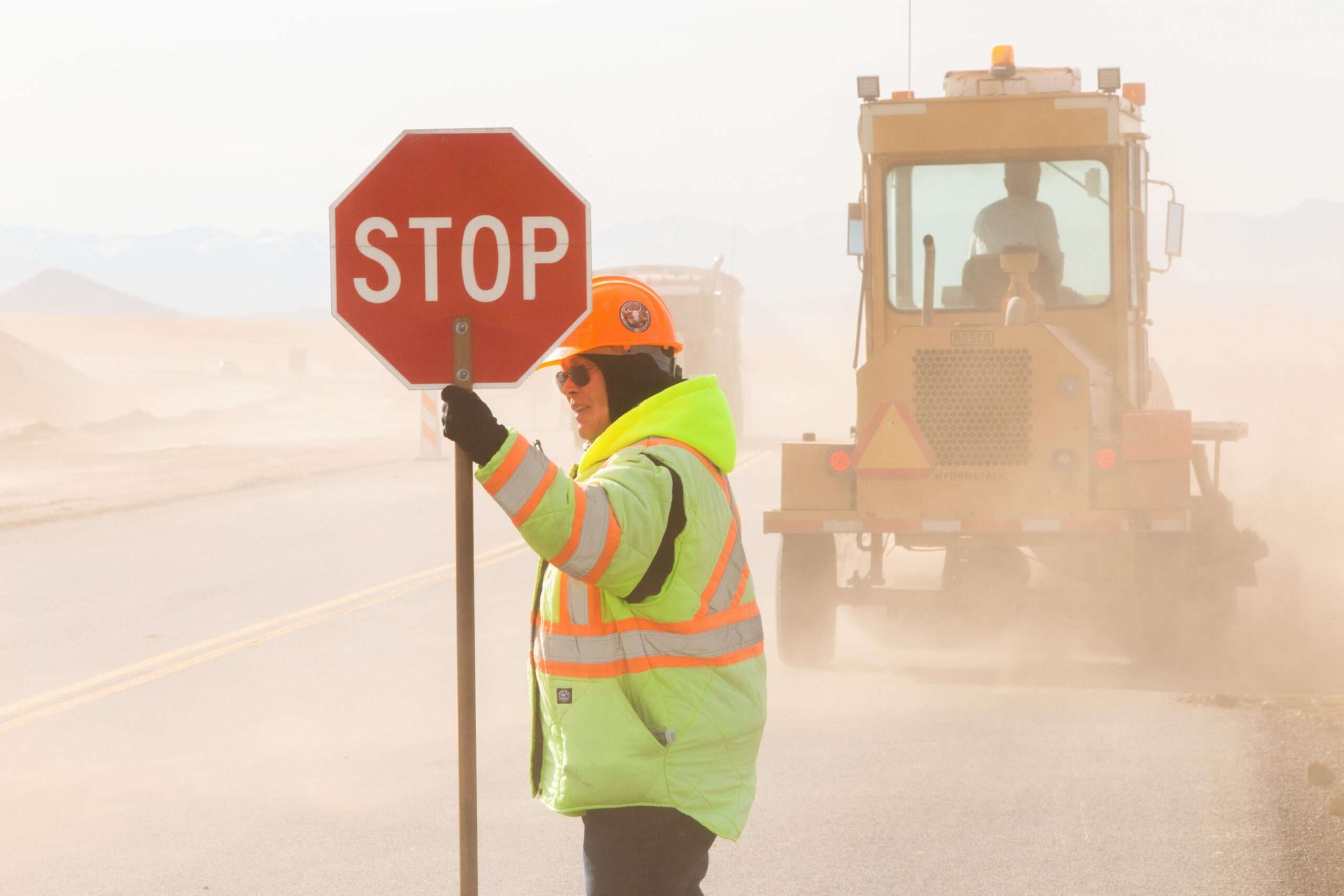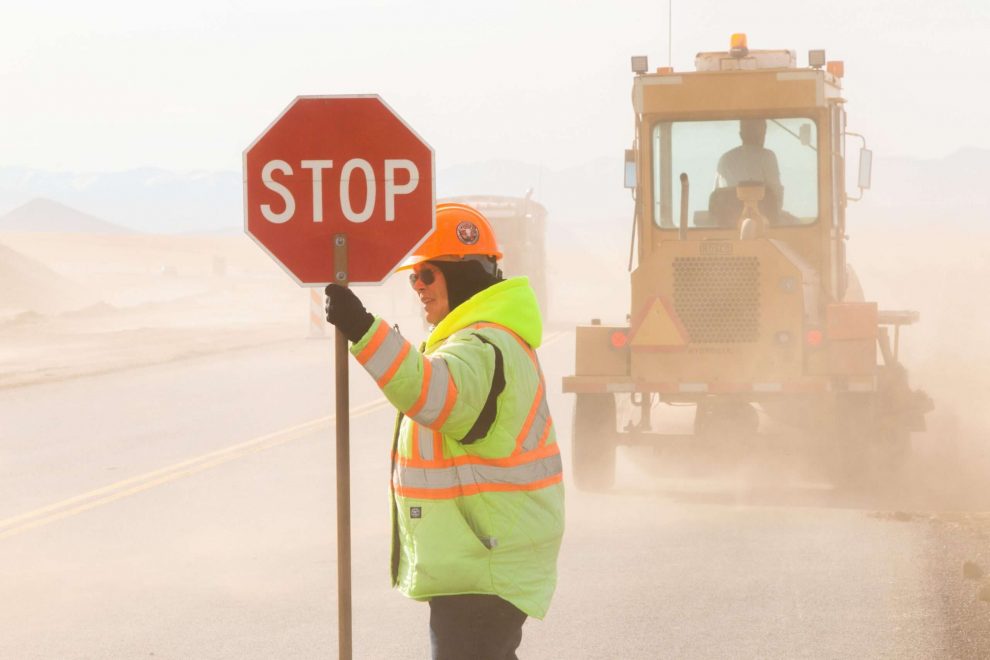
Some 55 million Americans are expected to pour over the nation’s roads, rails, and airports this Thanksgiving weekend. Almost none of them will think—or care—about where the steel, concrete, and asphalt that’s taking them from place to place was made.
And that’s how it should be.
Unfortunately, federal law cares a lot about those things—and “Made in America” rules are making it more difficult and expensive to translate the recently passed infrastructure spending bill into actual infrastructure.
“The quick implementation of Buy America requirements for such a broad range of materials will cause delays in project delivery while states, contractors, manufacturers, and suppliers continue working to determine how best to track and verify these materials,” Washington State Secretary of Transportation Roger Millar wrote in a letter to federal Department of Transportation officials this month. Millar, who also serves as president of the American Association of State Highway and Transportation Officials, a consortium of state-level officials, asked for the creation of a special exemption “to meet the intent of the expanded Buy America requirements while providing reasonable and practical exemptions to reduce the burden on transportation agencies.”
In other words: Can we please not let a bumper-sticker slogan get in the way of effective government?
Biden has been touting tougher “Buy American” rules since the campaign trail, however, so it might be tough to get the White House to approve such a waiver. And the administration doesn’t just see this as an infrastructure initiative—the White House brags about those rules being part of “a whole-of-government agenda designed to maximize the use of taxpayer dollars on domestic products and services, strengthen our industrial base, and create good-paying, union jobs for Americans.”
But the bipartisan infrastructure bill passed last year is a major culprit for the issues now facing state departments of transportation. As Route Fifty, a state and local government trade publication, explains: “the law added more materials that must be produced in the United States on projects getting federal money. Before, for example, the Buy America provisions applied to iron and steel. Now, they’ll apply to construction materials such as copper wiring, glass, fiber optic cable, and plastics.”
There’s nothing wrong with buying stuff made in America, of course. But there’s nothing wrong with buying stuff made in other countries, either. And if you can get a ton of steel made somewhere else for a lower price than the same steel produced here, then you can afford to build more things. Which is, you know, the point of Biden’s infrastructure bill.
Scott Lincicome, director of the Cato Institute’s center for trade policy, points out that this was all completely predictable. Indeed, publications including Forbes, Bloomberg, The Wall Street Journal, and Reason all warned about the problems with “Buy American” mandates before the infrastructure law was passed—but lawmakers expanded those mandates in other to fulfill Biden’s campaign promises.
Higher prices aren’t the only problem, however. Biden’s new rules also give federal transportation officials more say over infrastructure projects, which means more layers of paperwork and bureaucracy and a slower rate of infrastructure repair and development.
It’s another illustration of the fundamental blind spot at the center of Biden’s economic agenda: he forgets that workers are consumers too. Forcing transportation projects to rely on domestic goods is supposed to be good for American workers, yet it harms those same workers when they clock out and have to commute home on poorly maintained roads and public transportation.
Maybe Biden will recognize his error now that state and local transportation officials in blue states are telling him what economists have been saying for years: Buying American means building less infrastructure for more money.





